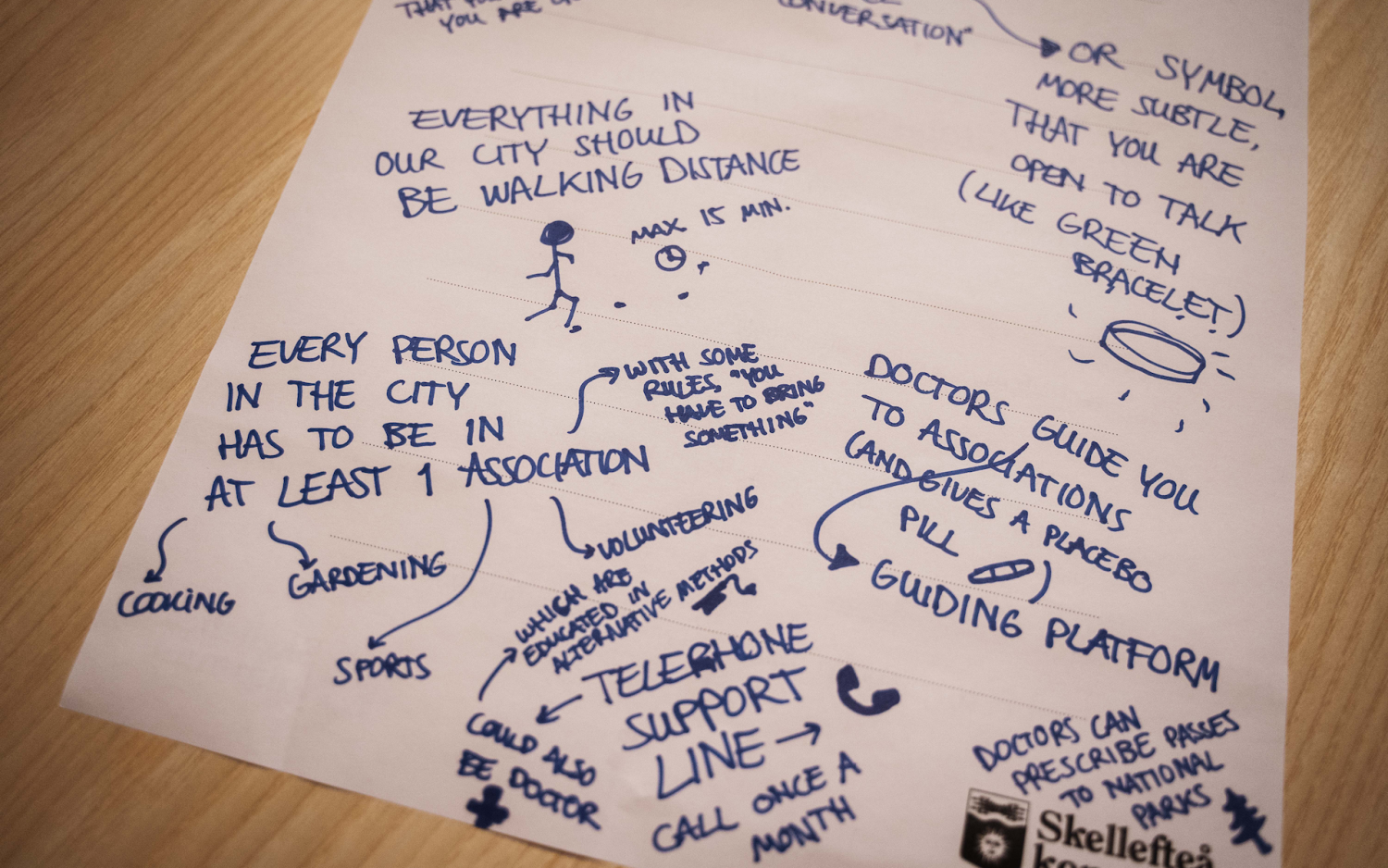Sharing knowledge and experience through AAL workshops
Following the success of its first round of workshops the AAL Programme has recently selected three further workshops as part of its second call. This initiative seeks to explore pivotal AAL-related subjects through workshops designed to foster knowledge exchange and share knowledge.
The first workshop focuses on Technical Integration of AAL Solutions in Care Homes and Assisted Living Facilities, and is organised by the University of Innsbruck and will be entirely conducted in German.
This workshop aims to equip participants with the expertise needed to effectively strategise, implement, and oversee AAL solutions, while navigating the array of challenges – structural, technical, organisational, legal, or ethical – confronting them, from both resident and care staff perspectives. Additionally, the session aims to explore diverse avenues for supporting care staff and residents in adopting technological innovations. Emphasising a practical approach, the workshop aims to surmount barriers hindering the uptake of AAL solutions among care staff and residents.
Primarily tailored for IT staff and facility managers of care/residential homes and assisted living facilities, this workshop aims to fill a gap in addressing the specific needs of this cohort, which has been overlooked in previous events.
With a focus on the practical implementation of AAL solutions and the exchange of experiences in participants’ native language, the workshop seeks to engage stakeholders from Central European regions, including Germany, Austria, Switzerland, and South Tyrol. Held immediately after the AAL practice forum “Smarter Lives,” the workshop leverages synergies with related events to foster a comprehensive dialogue among solution providers, researchers, practitioners, and users.
- The workshop takes place on May 7th at the Eurac Research, Viale Druso 1, 39100 Bolzano, Italy and will be entirely conducted in German.
The next workshop focuses on the Prevention and Early Detection of Mental Decline (PEDMeD) and is organised by Multilogic Ltd. (Budapest, Hungary), in collaboration with the Faculty of Electrical Engineering and Informatics of Budapest University of Technology and Economics (BME)
Drawing on insights garnered from previous projects, this workshop aims to facilitate a dialogue on the potential and challenges of digital solutions in preserving and assessing cognitive skills, prevention and screening of mental decline, diagnosis, and therapy. Targeting a diverse array of participants, including psychologists, psychiatrists, general practitioners, clinicians, older adults, caregivers, local government officials, and IT developers, the workshop seeks to bridge the gap between innovators and end-users, fostering a deeper understanding of user needs and preferences.
Recognising the limited adoption of digital tools for cognitive preservation, particularly in Central and Eastern Europe, the workshop is looking to attract speakers and participants from these regions, alongside representatives from wider European contexts, either in person or via online platforms.
- This workshop is expected to take place in October or November this year in Budapest for those attending in person and online for those attending remotely.
Solving the Care Crisis with Humanoid Robotic Avatars, organised by Devanthro, is the third of the selected workshops and it focuses on remote caregiving.
Amidst the documented care crisis across Europe, characterised by a burgeoning elderly population and juxtaposed with a scarcity of caregivers, Devanthro proposes a solution through the development of technology facilitating remote caregiving via humanoid robotic avatars – “Robodies”.
By enabling caregivers to provide physical assistance remotely, supplemented by AI-powered monitoring features, this workshop aims to explore the feasibility and potential challenges associated with integrating robotic solutions into home care settings, fostering an open discourse around the merits and obstacles of this innovative approach.
Hosted in Germany but conducted in English, the workshop welcomes participants from across Europe, with a particular focus on regions such as DACH, UK, Benelux, France, and the Nordics, to engage in discussions surrounding the transformative potential of robotic avatars in ambulant care.
- This event is expected to take place in May as an online webinar. If successful, it will be repeated later in the year.
Take part
Watch this space for full details of all three workshops and information about how you can join.

